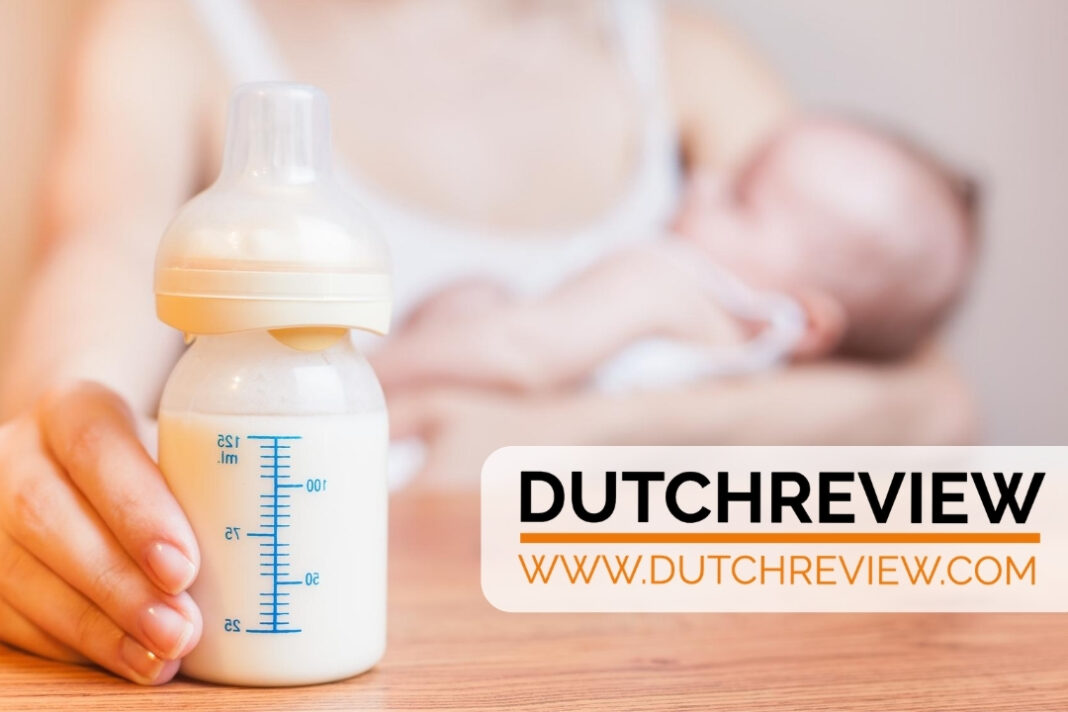Researchers at Emma’s Kinderziekenhuis have found antibodies against coronavirus in the breast milk of women who previously been infected. This has led to research described as ‘hopeful’.
It follows results from Amsterdam UMC, where analysis of the breast milk of former corona patients found that antibodies were present.
The study began with a question to researchers from a mother who donated breast milk. Director of the hospital Hans van Goudoever has explained on talk show Jinek “On April 1 we received an e-mail from a mother who donates milk to us for incubator children. She asked: ‘couldn’t there be any antibodies in this?'”
The question triggered a study of 40 women, who had previously been infected by the coronavirus, donating their breast milk. Antibodies that were strong enough to neutralise the virus were found and even remained once the milk had been pasteurised.
Scientists have emphasised that this success has been limited to a lab environment and they are still not sure if it will work on humans. However, they claim the results are looking hopeful.
How could frozen breast milk work against corona?
Van Goudoever has also roughly explained the process through which the milk works. ‘What we have seen is that the antibodies from the milk bind to the virus and it can no longer enter the cell. That is important because when the virus enters a cell, it multiplies. But it won’t get that far, that’s the startling thing.’
The effectiveness of the milk will therefore also depend on how quickly patients can receive it, the earlier the better.
Why ice cubes (and not fresh)?
Given that the coronavirus enters mostly through the mouth and nose, the most beneficial approach will be to suck on ice cubes of breast milk, says Van Goudoever. In this way, the antibodies remain in contact with the virus found in the throat for longer.
Volunteers needed
In order to really establish whether or not breast milk will be effective the study requires more volunteers.
Physician researcher Britt van Keulen has explained on Jinek that “it makes a lot of difference whether only one percent of women have antibodies or 10 or 20 percent. If we want to use this as medicine, we need a lot of breast milk.” Scientists are therefore looking for mothers who may have had the virus to donate their breast milk for research.
Mothers, they truly are life-savers. Tell us what you think of this research in the comments below!
Feature Image: DutchReview/Canva




The antibodies in breast milk ..what a great discovery .. also that the antibodies lived after pasteurization shows how good this is . Well done scientists in Nederland